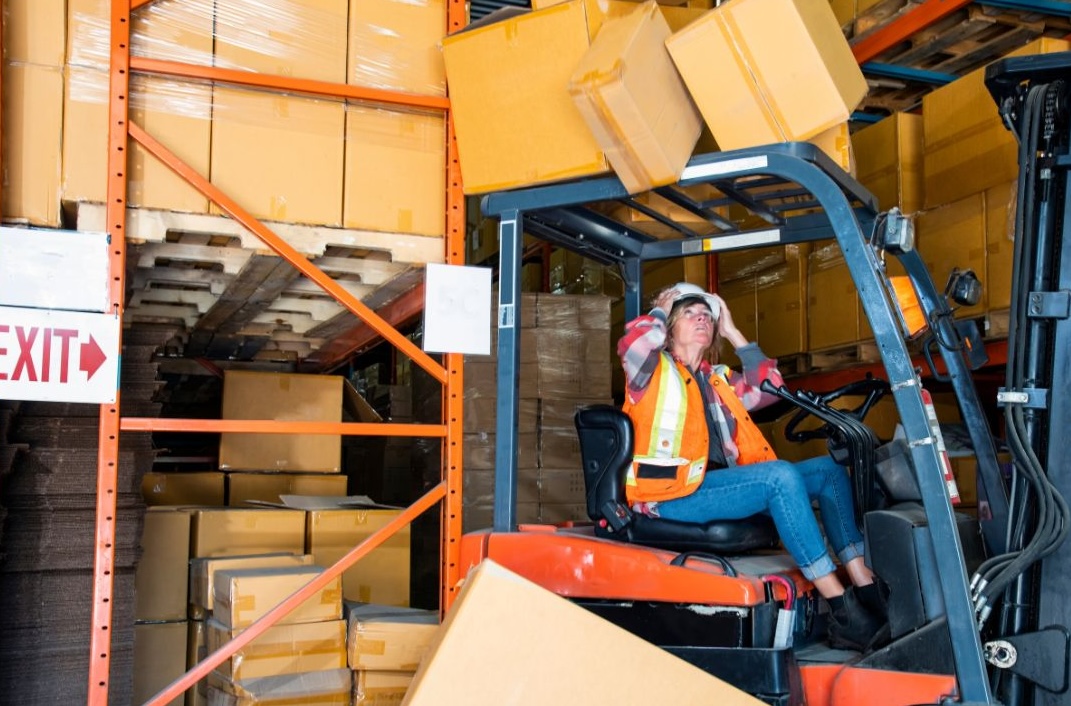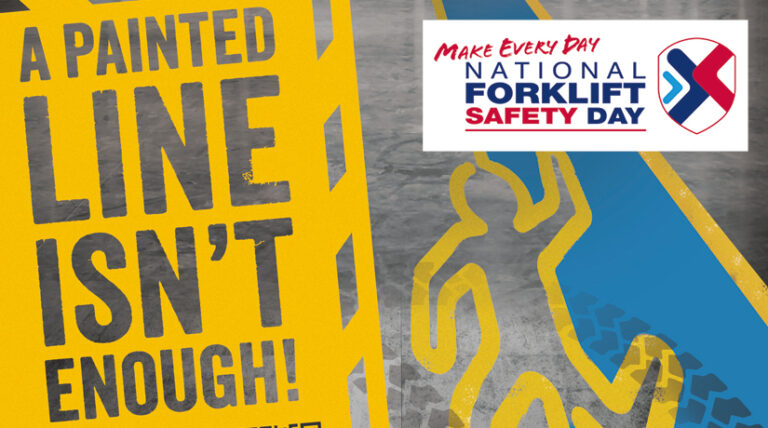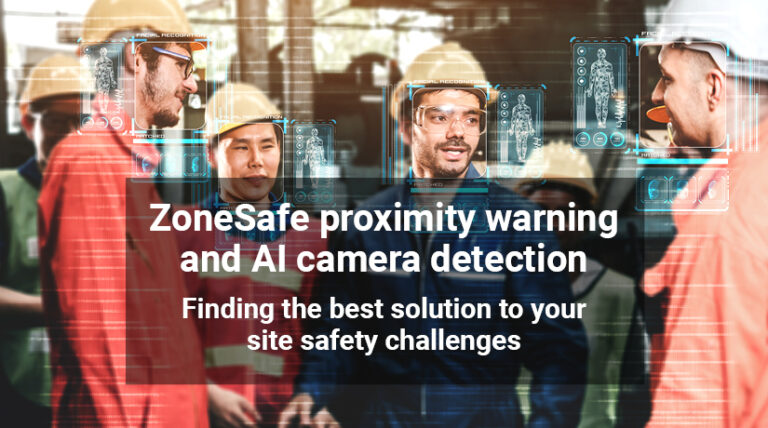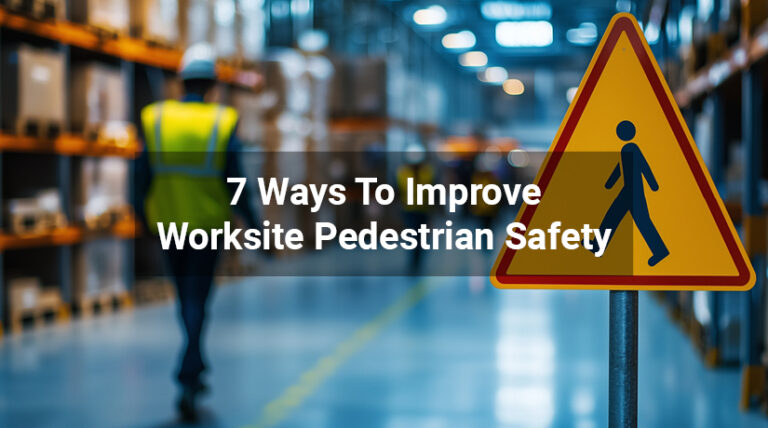The Health and Safety Executive (HSE) has published their figures for fatal injuries arising from accidents in Great Britain, for the year 2016/2017. The main reasons for workers’ injuries are: trapped by something collapsing/overturning, struck my moving object, falls from a height – and at the top of the list – struck by moving vehicles.
Vehicle movements that occur in the workplace require very careful management to control and reduce the likelihood of accidents. Simple yet effective steps can be taken to prevent serious and fatal accidents. Here are some simple steps to follow:
Employer responsibility
Drivers, and those related with work vehicles, may be employed by other companies (and not those associated with the site). Their employer has a legal duty to ensure that people are safe in the workplace that they control – even when they are employed by others or are visitors/members of the public. Make sure that all workers have employer representation.
Drivers
When forklift (or other vehicle) drivers arrive on site, it should always be clear as to what their responsibilities are – and who is in charge of their activity on site. As the HSE state, :’a driver will be responsible for everything relating to the movement of their vehicle, and site workers are responsible for everything that happens while the vehicle is stationary, like loading and unloading.’ It’s important to make sure that visiting drivers know what to expect when they arrive – and are made aware of any restrictions on vehicle size or type.
Visitor management
It’s very important that all visitors should be carefully managed on site. They should be given clear and simple instructions on site rules, which should also include the use of PPE (personal protective equipment) where necessary to ensure their own safety, and that of others. Site workers and visiting drivers/site workers should communicate effective agreed hand signals when verbal communication is not possible.
Segregate people and vehicles
All workplaces should endeavour to keep pedestrians and vehicles safe while performing their normal duties at work. Routes used by vehicles should be suitable for the people and vehicles using them. Where vehicles and pedestrians use the same routes – try and use segregation, i.e. barriers, road markings, etc.
Risk assessment
Make sure that the site itself, all vehicles being used and the drivers and people working with and around the equipment are all effectively managed to control all risks. There is a really useful ‘site inspection – workplace transport checklist’ on the HSE website, which is easy to follow. Click here to view the checklist.
Further information
Remember that the risk of accidents happening can be greater at certain times. Risk assessments should take into account these periods where the number of vehicles or pedestrians moving along traffic areas change, when office staff members arrive or leave, or when shifts change.
Make a positive change – with ZoneSafe
Pedestrian proximity alert systems from ZoneSafe can help to avoid these types of accidents at work. Using RFID technology, ZoneSafe creates detection zones around vehicles, assets, crossing points and walkways.
Active tags can be worn by personnel, fitted to assets or set up around hazards. Tags are identified by the system when a pedestrian enters the detection zone. This triggers an audible visual alert, warning vehicle operators of the tag’s close proximity to the vehicle.
Visit www.zonesafe.net for more details or call 01202 868000.





